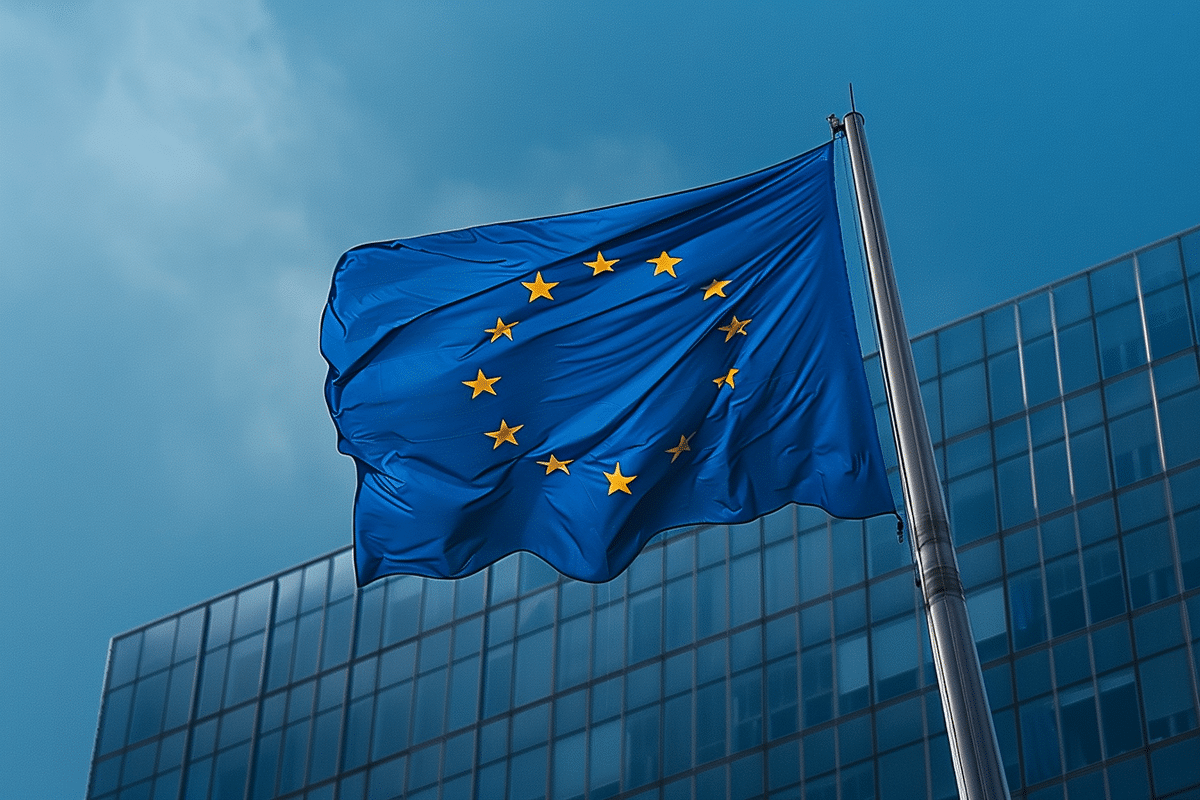Meta, the conglomerate behind social media giants Facebook and Instagram, is currently under investigation by the European Commission for potentially breaching Europe’s stringent digital competition rules with its controversial “pay or consent” advertising model. This inquiry marks a significant moment as regulators intensify scrutiny on the digital operations of major tech firms across the continent.
Last year, Meta introduced a service termed “Subscription for no ads,” which allows users in Europe to enjoy an ad-free experience on Facebook and Instagram for a monthly fee of up to €12.99. The alternative presented to users is to continue using the platforms with personalized advertisements. The European Commission has expressed concerns over this model, suggesting it unfairly compels users to consent to the use of their personal data without offering a non-personalized yet equivalent option.
The commission’s critique hinges on the lack of alternatives for users who wish to avoid personalized ads but are not inclined to pay for the subscription. The regulatory body views this binary choice as a violation of the newly enacted Digital Markets Act (DMA), which mandates that dominant online platforms, identified as “gatekeepers,” provide more user choice and ensure fair competition.
The DMA, effective from March this year, is designed to curb the monopolistic tendencies of tech giants by regulating how they collect and use data across their services and third-party entities for advertising purposes. It aims to dismantle barriers that prevent new competitors from entering the market and to enhance overall market transparency.
If the Commission’s preliminary findings against Meta are upheld, the company could face a hefty fine amounting to 10% of its global annual revenue. Given Meta’s financial results from 2023, this could translate into a fine of approximately $13.5 billion—a stark reminder of the financial repercussions of non-compliance with European regulations.
In response to these allegations, Meta has defended its advertising model, stating that it aligns with the highest judicial standards in Europe and adheres to the stipulations of the DMA. The company has expressed a willingness to engage in further dialogues with the European Commission to resolve the ongoing investigation, which is slated for conclusion by late March next year.
This investigation is part of a broader regulatory focus on major tech firms under the DMA, with similar probes targeting other industry giants like Apple and Google’s parent company, Alphabet. These companies are being scrutinized for practices that might hinder the competitive landscape by restricting user choices or skewing the market in their favor.
The European Commission, led by Commissioner Margrethe Vestager, is particularly concerned with the long-term accumulation of personal data from millions of EU citizens by platforms like Facebook and Instagram. The overarching goal is to empower individuals to take control of their personal information and select their preferred advertising experiences.
A senior official at the Commission, Michael Koenig, has articulated the need for Meta to offer advertising choices that do not rely on extensive personal data usage. These alternatives should be less personalized but still accessible to users, alongside the existing subscription model for an ad-free experience.
As the deadline for the investigation’s conclusion approaches, the tech industry and regulatory bodies alike are keenly observing how these proceedings will influence the operational practices of one of the world’s most dominant digital platforms. The outcome could set a precedent for how data privacy and user choice are handled in the digital age, reinforcing the European Union’s commitment to regulating the digital economy to protect its citizens.




